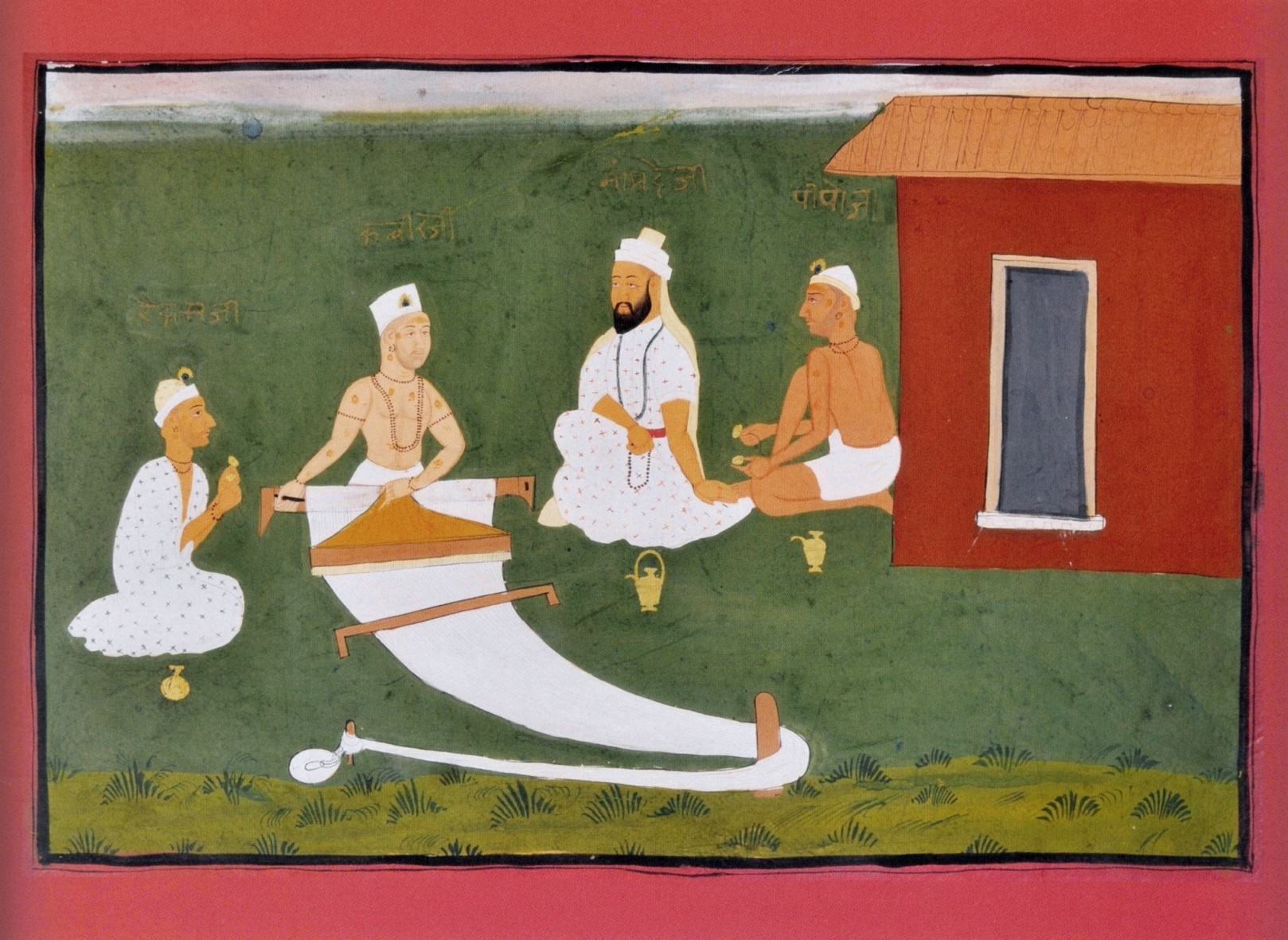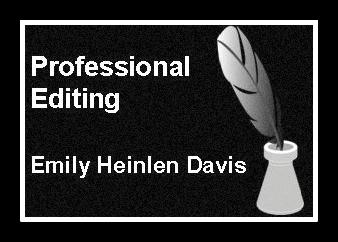We conjure our tomorrows as if the future is bound to our concepts. We may say “no person knows everything,” but, still, we coddle our hubris by measuring all things by what we know. This arrogance is why entirely new things can seem familiar. By ignoring facts and reasons contrary to our beliefs, we invite life experiences to rip faulty beliefs from our terrified grasp when we could have let those beliefs go, just as we do with dreams in the morning.
“If you do not expect the unexpected, you will not find it;
for it is hard to be sought out…” vii Heraclitus
Presuming to know is different from trial and error. Generalizing is not bad, but we tend to treat our schemes as facts. In any group of people, unfounded beliefs pose great peril when the popularity of an idea takes the place of proof. For example, the delusional thinking of Americans imagining an imminent threat brought about a preemptive war and a river of bloodshed.
Excerpt: The Relevance of Kabir
We make judgments daily. It’s best to improve when we can because we not only pay a price when we suffer. Beautiful things this world truly offers may elude us as we linger in the graveyard of our preconceived ideas.
vii John Burnet, Early Greek Philosophy (London: A. and C. Black, 1892), 134.

